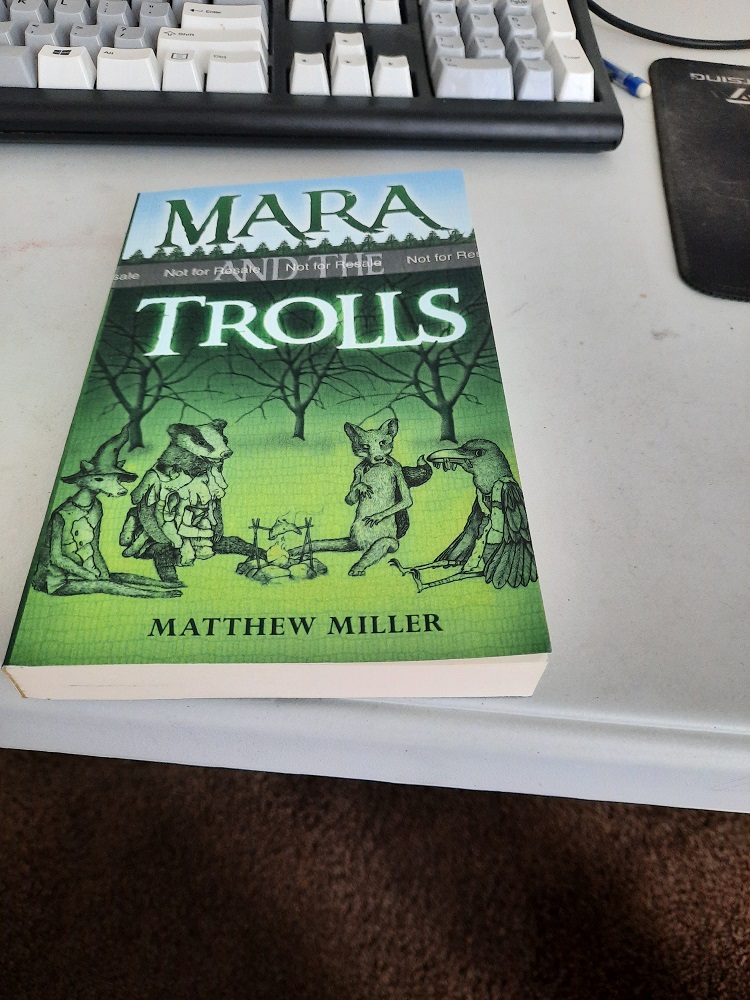There’s a bit of subtlety in the way Mara narrates things.
She’s five. Mara doesn’t really understand that other people have houses and apartments, that those homes have kitchens and bathrooms, and that people live there.
To Mara the kitchen isn’t just the kitchen in her house that she and her family use. It is the Kitchen, singular, the only one. It isn’t a common noun because other kitchens don’t exist in her world view. It’s a proper noun because when discussing kitchens, she is going to be discussing the Kitchen which is as distinct as the Atlantic Ocean is from other oceans. Probably more accurately, the Kitchen is as distinct as Mom is distinct. There aren’t lots of moms, there is one Mom: hers.
Cassie and Jack would not see it that way. They’ve seen a lot of kitchens, homes, and foster parents. Mara and Hector haven’t. To them, the mom issue would be: there are many moms but this Mom is mine. To Mara, there is only one Mom.
Nor have the younger twins really had the time to think about it. What’s the age of reason? About five? They’re suddenly understanding that yeah, these are things. There are many kitchens. Their parents are teachers. Wait until the fireworks happen when they realize that their teachers may also be parents.

